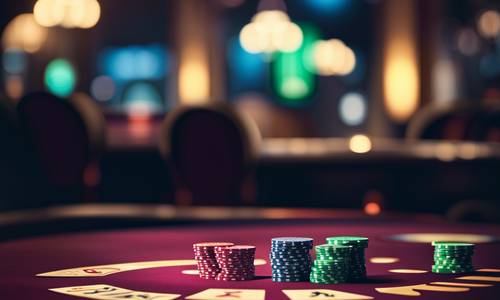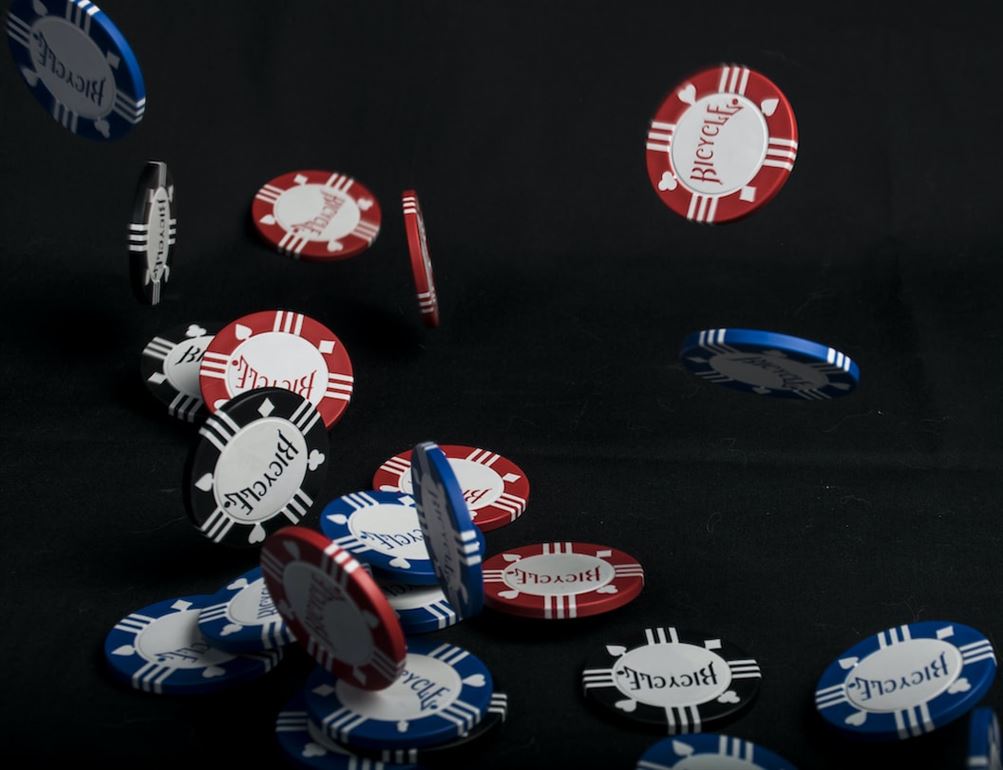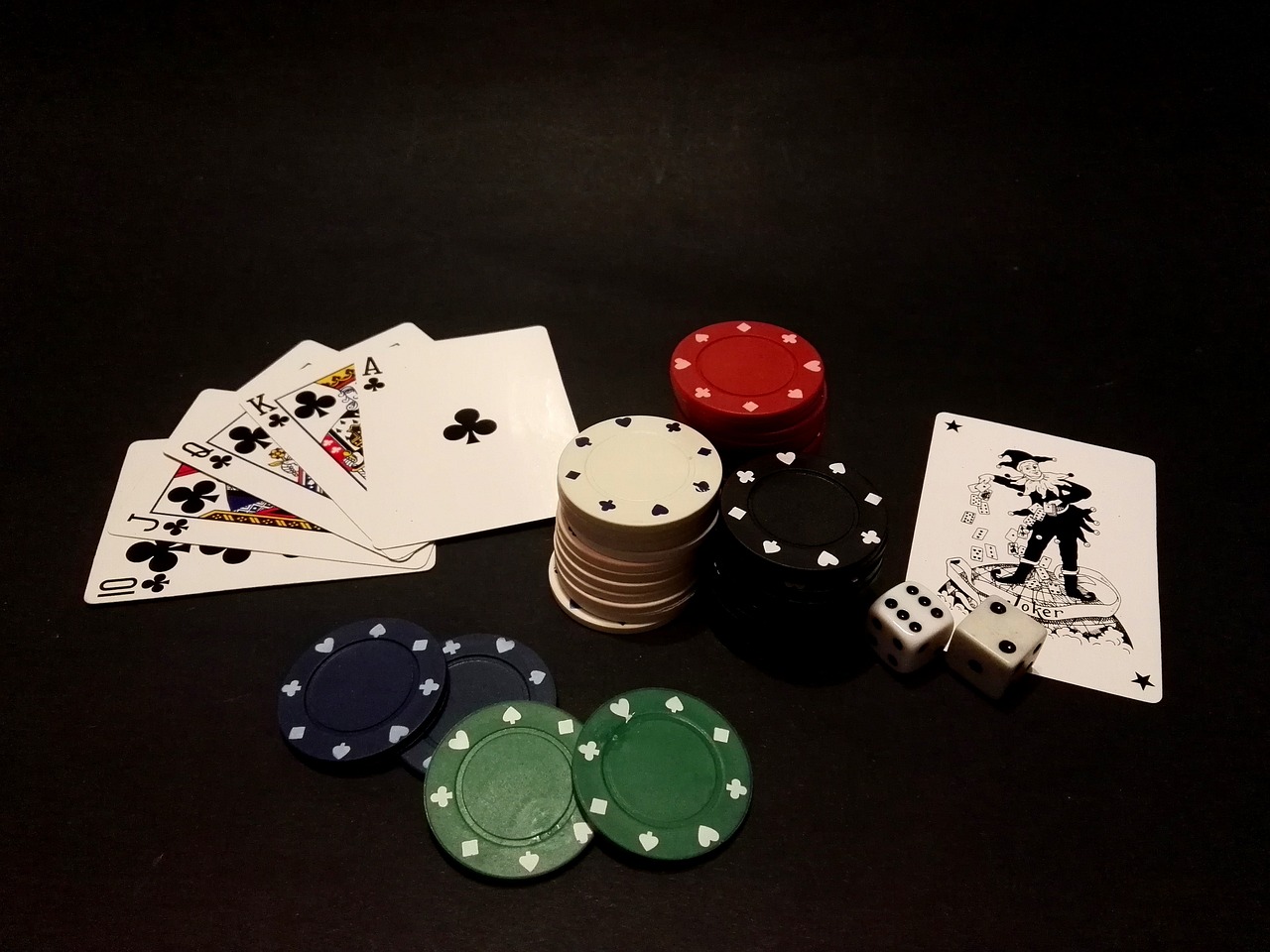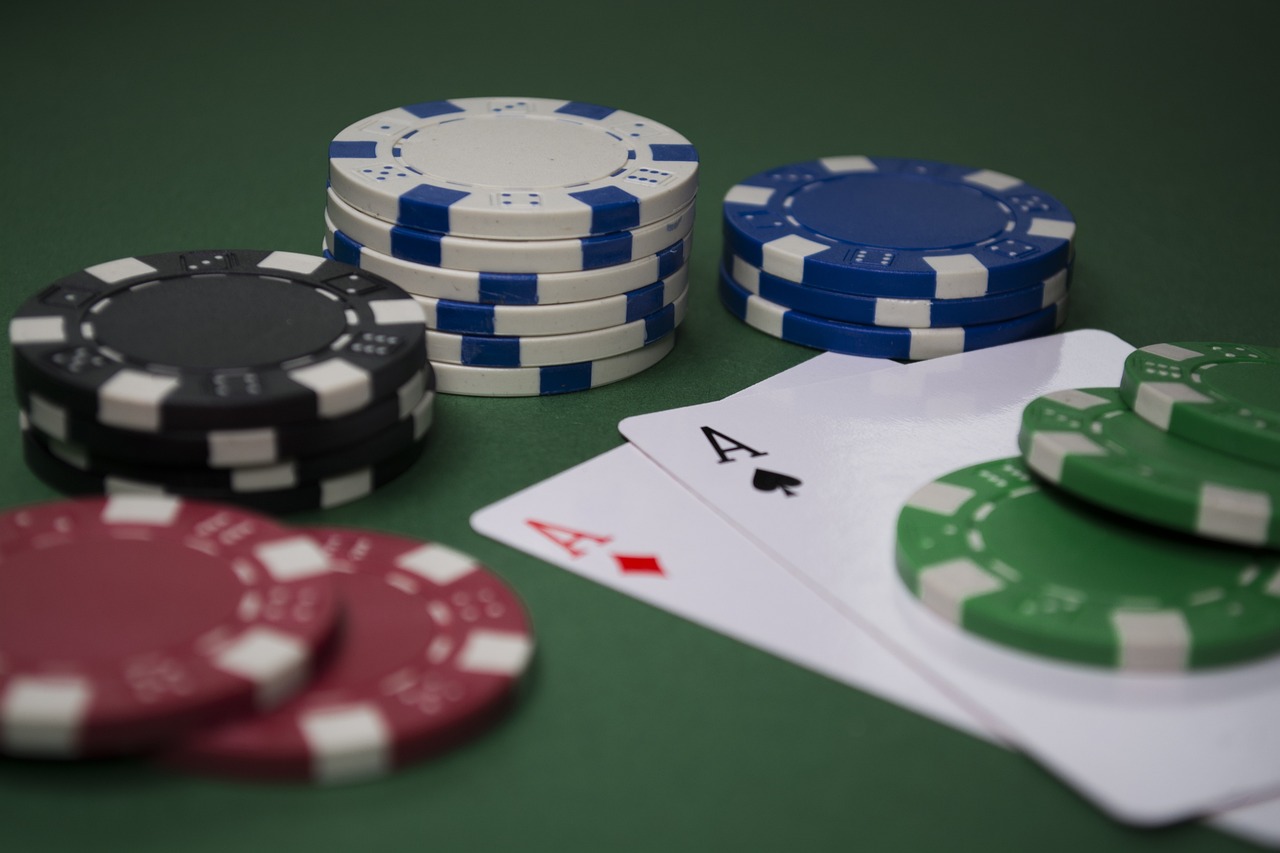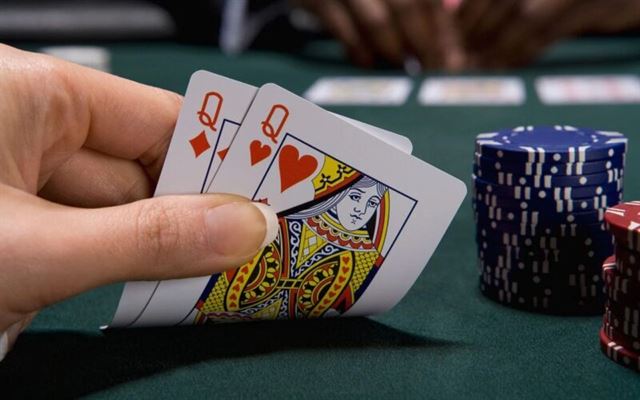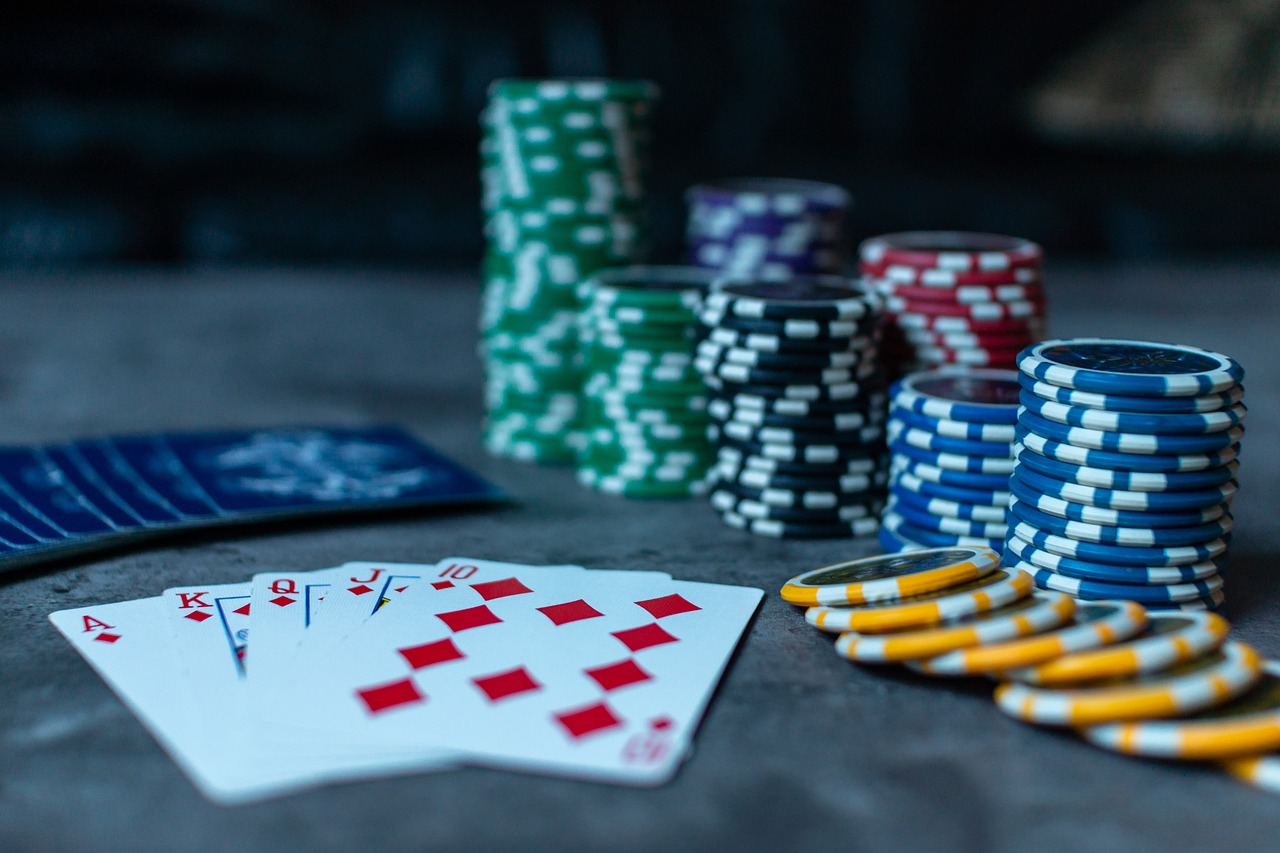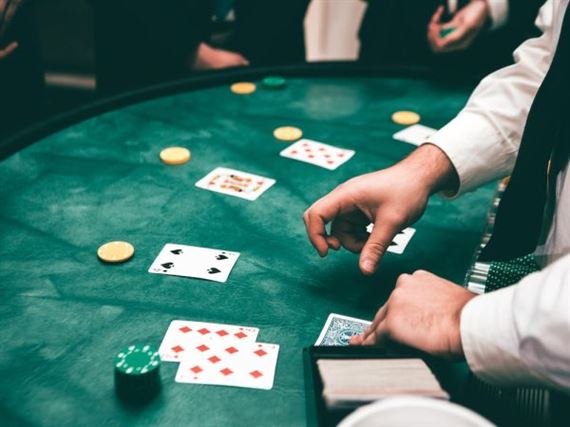“The Mind’s Game: Delving into the Psychology of Baccarat” is a comprehensive exploration of the psychological aspects involved in the popular casino game of Baccarat. This insightful article aims to uncover the intricate mental processes and decision-making strategies that players employ while engaging in this game of chance. By examining the psychological factors that influence players’ behavior, emotions, and cognitive processes, this research sheds light on the fascinating interplay between the human mind and the game of Baccarat.
The Psychological Factors Behind Baccarat Strategies
The game of Baccarat has long been associated with glamour and sophistication, attracting high rollers and celebrities alike. But beyond the glitz and glamour, there is a fascinating psychological aspect to the game that often goes unnoticed. Understanding the psychological factors behind Baccarat strategies can provide valuable insights into the minds of players and the decisions they make.
One of the key psychological factors at play in Baccarat is the concept of risk aversion. Humans are naturally risk-averse creatures, preferring to avoid losses rather than seeking out gains. This aversion to risk can be seen in the way players approach the game. Many Baccarat strategies focus on minimizing losses rather than maximizing wins. Players often opt for conservative betting patterns, such as betting on the banker’s hand, which has a slightly higher probability of winning. This risk-averse mindset is deeply ingrained in our psychology and influences the decisions we make, even in games of chance like Baccarat.
Another psychological factor that comes into play in Baccarat is the gambler’s fallacy. This cognitive bias leads players to believe that past outcomes can influence future outcomes. For example, if the player has witnessed a series of banker wins, they may be more inclined to bet on the player’s hand, believing that it is “due” for a win. This fallacy can lead players to make irrational decisions based on faulty reasoning. In reality, each hand in Baccarat is an independent event, and past outcomes have no bearing on future results. Understanding and overcoming the gambler’s fallacy is crucial for making rational decisions in the game.
The concept of luck also plays a significant role in the psychology of Baccarat. Many players believe in luck and superstition, attributing wins or losses to external forces rather than their own actions. This belief in luck can lead players to develop rituals or superstitions, such as blowing on the cards or wearing lucky charms, in an attempt to influence the outcome of the game. While these rituals may have no logical basis, they can provide players with a sense of control and comfort in an unpredictable game.
Furthermore, the social aspect of Baccarat cannot be overlooked when considering its psychological factors. Baccarat is often played in a social setting, such as a casino or a private club, where players interact with each other and the dealer. This social environment can have a profound impact on the psychology of players. The presence of others can create a sense of competition and peer pressure, influencing the decisions players make. Additionally, the excitement and energy of the crowd can heighten emotions and lead to impulsive or irrational behavior. Understanding the social dynamics at play in Baccarat can help players navigate the game more effectively.
The psychology of Baccarat is a complex and fascinating subject. The risk aversion, gambler’s fallacy, belief in luck, and social dynamics all contribute to the decisions players make and the strategies they employ. By understanding these psychological factors, players can gain valuable insights into their own behavior and make more informed decisions in the game. Whether you’re a seasoned player or a curious observer, delving into the psychology of Baccarat can provide a deeper appreciation for the game and the minds of those who play it.
Understanding the Role of Luck and Skill in Baccarat Psychology
Baccarat is a popular casino game that has captivated players for centuries. While luck plays a significant role in the outcome of each hand, there is also a psychological aspect to the game that cannot be ignored. Understanding the interplay between luck and skill in baccarat psychology is crucial for players looking to improve their chances of winning.
Luck is often seen as the driving force behind baccarat. After all, the cards are dealt randomly, and there is no way to predict with certainty which hand will come out on top. This element of chance is what makes the game so thrilling and unpredictable. However, it is important to note that luck alone is not enough to guarantee success in baccarat.
Skill, on the other hand, can greatly influence a player’s performance in the game. While it may not be possible to control the cards that are dealt, skilled players are able to make strategic decisions based on the information available to them. This includes understanding the odds, analyzing patterns, and making calculated bets. By employing these skills, players can increase their chances of making profitable decisions and ultimately winning more hands.
One of the key psychological factors in baccarat is the concept of “gambler’s fallacy.” This is the belief that if a certain outcome has not occurred for a while, it is more likely to happen in the future. For example, if the banker has won several consecutive hands, some players may be tempted to bet on the player in the next round, assuming that the odds will eventually even out. However, this is a fallacy, as each hand is an independent event and the outcome is not influenced by previous results.
Another psychological aspect of baccarat is the concept of “loss aversion.” This refers to the tendency for individuals to feel the pain of a loss more strongly than the pleasure of a win. In baccarat, this can lead players to make irrational decisions, such as increasing their bets after a losing streak in an attempt to recoup their losses. This behavior is driven by the desire to avoid the pain of losing, rather than a rational assessment of the odds.
To overcome these psychological biases, it is important for players to approach baccarat with a clear and rational mindset. This means understanding the game’s rules and odds, and making decisions based on logic rather than emotions. It also involves setting realistic expectations and accepting that luck will always play a role in the outcome of each hand.
The psychology of baccarat is a fascinating subject that can greatly impact a player’s performance in the game. While luck is an undeniable factor, skill and rational decision-making also play a crucial role. By understanding the interplay between luck and skill, and being aware of common psychological biases, players can improve their chances of success in this exciting casino game. So, the next time you sit down at a baccarat table, remember to keep your mind sharp and your emotions in check – the game is as much a mental challenge as it is a game of chance.
Exploring the Emotional Rollercoaster of Baccarat Wins and Losses
When it comes to baccarat, winning and losing are inevitable. The thrill of winning can be exhilarating, filling players with a sense of accomplishment and satisfaction. The rush of adrenaline that comes with a winning hand can make players feel invincible, as if they have cracked the code to success. This feeling of triumph can boost self-confidence and create a positive emotional state.
On the other hand, losing in baccarat can be a devastating blow to one’s ego. The disappointment and frustration that accompany a loss can lead to negative emotions such as anger, sadness, or even self-doubt. Losing streaks can be particularly challenging, as they can erode a player’s confidence and make them question their abilities. This emotional turmoil can have a significant impact on a player’s decision-making and overall enjoyment of the game.
One psychological phenomenon that often comes into play in baccarat is known as the “gambler’s fallacy.” This is the belief that previous outcomes in a game of chance can influence future outcomes. For example, if a player has been on a winning streak, they may start to believe that they are due for a loss and adjust their betting strategy accordingly. Conversely, if they have been losing, they may feel that a win is just around the corner and continue to bet in hopes of turning their luck around.
This cognitive bias can lead players to make irrational decisions based on faulty reasoning. It is important to remember that baccarat is a game of pure chance, and each hand is independent of the previous one. The outcome of one hand does not affect the outcome of the next. Recognizing and overcoming the gambler’s fallacy can help players make more rational decisions and avoid unnecessary emotional distress.
Another psychological aspect of baccarat is the concept of “loss aversion.” This is the tendency for individuals to feel the pain of a loss more strongly than the pleasure of a win. In baccarat, this can manifest as players being more risk-averse when it comes to losing bets. They may be more inclined to bet conservatively or even avoid betting altogether to minimize potential losses.
Loss aversion can also lead players to engage in “chasing losses,” where they continue to bet in an attempt to recoup previous losses. This behavior can be driven by the desire to avoid the emotional pain of accepting a loss. However, chasing losses can be a dangerous cycle that can lead to even greater losses and emotional distress.
Understanding the emotional rollercoaster of baccarat wins and losses is crucial for players to maintain a healthy mindset while playing the game. Recognizing the impact of emotions on decision-making and being aware of cognitive biases can help players make more rational choices and enjoy the game without being consumed by the highs and lows. Ultimately, baccarat is not just a game of cards; it is a game that tests the resilience and emotional intelligence of its players.
The Impact of Cognitive Biases on Baccarat Decision-Making
The game of Baccarat has long been a favorite among casino-goers, known for its simplicity and elegance. However, beneath its glamorous exterior lies a complex psychological landscape that can greatly influence decision-making. In this article, we will explore the impact of cognitive biases on Baccarat decision-making, shedding light on the inner workings of the mind during gameplay.
One of the most prevalent cognitive biases in Baccarat is the Gambler’s Fallacy. This bias occurs when players believe that past events can influence future outcomes, despite the fact that each hand is statistically independent. For example, if a player has lost several consecutive hands, they may be more inclined to bet on the opposite outcome, believing that a win is due. This fallacy can lead to irrational decision-making and significant financial losses.
Another cognitive bias that affects Baccarat decision-making is the Anchoring Bias. This bias occurs when players rely too heavily on the first piece of information they receive, often the initial bet or the outcome of the first few hands. This can lead players to make subsequent bets based on this initial anchor, rather than considering the current state of the game. For example, if a player starts with a large bet and loses, they may continue to make large bets in an attempt to recoup their losses, even if the odds are not in their favor.
The Availability Heuristic is yet another cognitive bias that can impact Baccarat decision-making. This bias occurs when players make judgments based on the ease with which relevant examples come to mind. In the context of Baccarat, this can lead players to overestimate the likelihood of certain outcomes based on recent wins or losses they have witnessed. For example, if a player has recently seen several consecutive wins, they may believe that the Banker hand is more likely to win, even if the odds remain the same.
Confirmation Bias is a cognitive bias that can heavily influence Baccarat decision-making. This bias occurs when players seek out information that confirms their preexisting beliefs or expectations, while ignoring or dismissing information that contradicts them. In the context of Baccarat, this can lead players to selectively remember and focus on instances where their chosen betting strategy was successful, while disregarding instances where it failed. This bias can reinforce irrational decision-making and prevent players from adapting their strategies based on actual outcomes.
Lastly, the Endowment Effect is a cognitive bias that can impact Baccarat decision-making. This bias occurs when players place a higher value on something they already possess, such as their initial bet or their current winnings. This can lead players to become overly attached to their current position and make irrational decisions to protect it. For example, a player who is winning may be more inclined to make conservative bets to avoid losing their current winnings, even if a riskier bet would offer a higher expected value.
In conclusion, the psychology of Baccarat is a fascinating subject that reveals the intricate workings of the human mind during gameplay. Cognitive biases such as the Gambler’s Fallacy, Anchoring Bias, Availability Heuristic, Confirmation Bias, and the Endowment Effect can greatly impact decision-making and lead to irrational choices. By understanding these biases, players can become more aware of their own thought processes and make more informed decisions while playing Baccarat.


